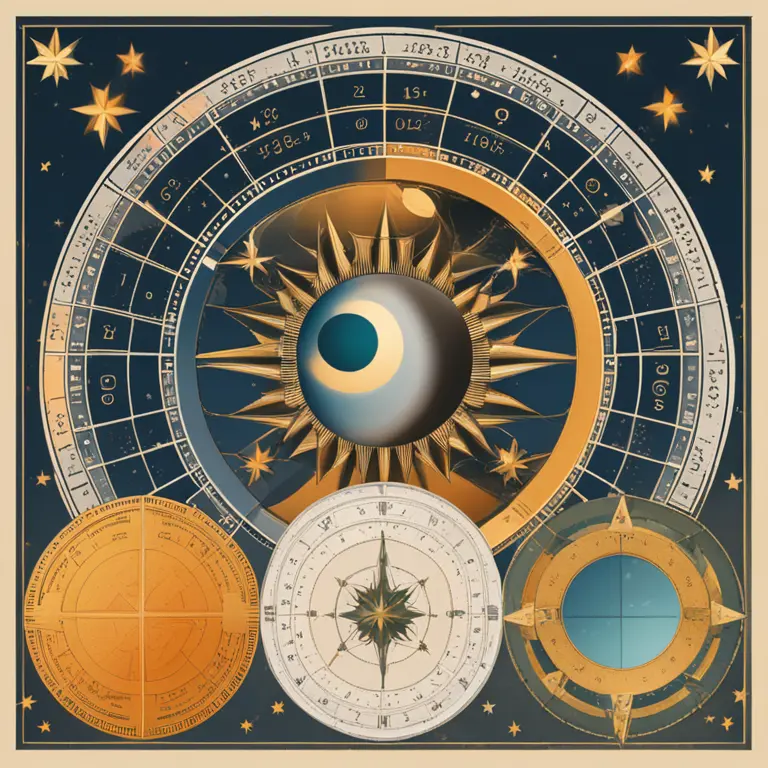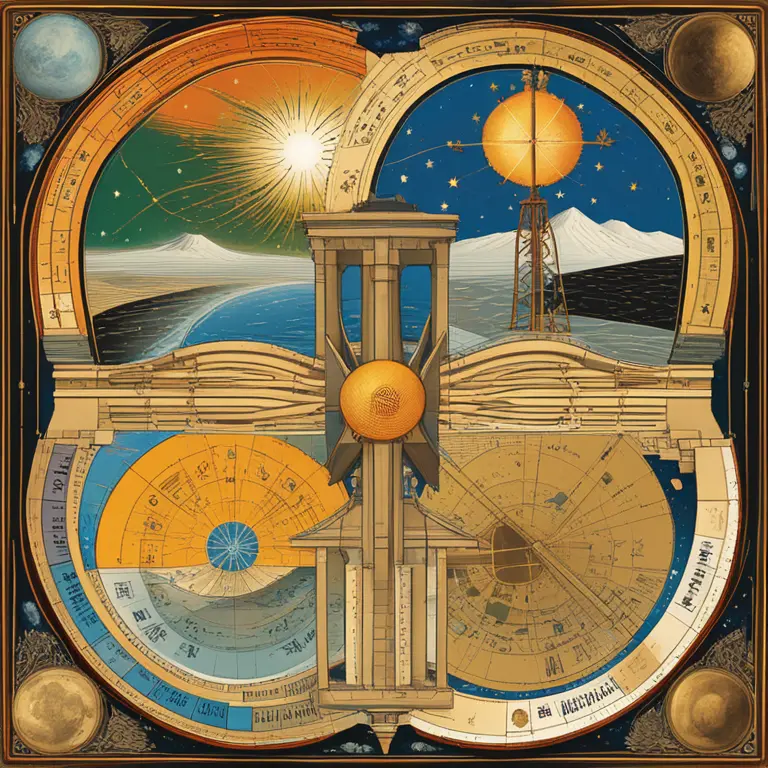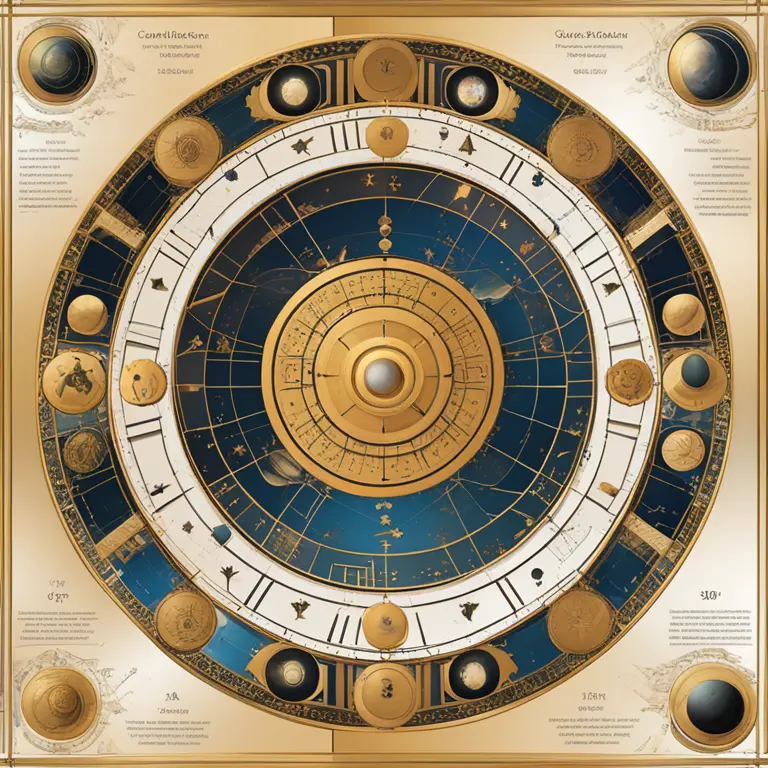
Astrology: A Scientific Perspective
Examine the contentious claim that astrology holds a place within scientific discourse, assessing the structure and basis of astrology as a potential science.
article by Priya Deshmukh
The Nature of Astrology as a Science
Astrology has long stood at the crossroads of science and divination, tracing its roots back to ancient civilizations that observed the skies with both awe and systematic precision. As we venture deeper into the 21st century, the scientific community continues to grapple with the classification of astrology. What positions astrology uniquely is its structured approach to analyzing celestial alignments and movements. This methodology often mirrors scientific processes, involving observation, pattern recognition, and predictions based upon cyclical astronomical phenomena. Although mainstream science typically dismisses astrology as lacking empirical evidence, the field's systematized foundation merits a discussion on its scientific aspects.

Historical Integration of Astrology and Science
Throughout history, astrology and astronomy were inseparable, with prominent astronomers such as Ptolemy and Copernicus also practicing astrology. It wasn't until the Age of Enlightenment that the two paths diverged, leading to the compartmentalization of astrology as a pseudoscience. However, astrology's historical significance in the development of astronomical observation cannot be denied. Its contribution to calendar systems and celestial navigation shaped our understanding of time, seasons, and geography. Modern astrologers urge a reevaluation of astrology, highlighting its empirically inspired methodologies.

Astrology's Contemporary Framework
Presently, there is a burgeoning movement within astrology to re-cultivate its scientific edge, employing statistical analyses and psychological studies to substantiate astrological claims. Technology has made it possible to compile and analyze vast quantities of birth data, seeking correlations between planetary positions and human affairs. Astrologers also draw upon psychology to postulate the influence of cosmic bodies on human temperament and behavior. These initiatives aspire to bolster astrology's scientific standing by aligning with the rigor of evidence-based disciplines.

Validation Through Consistency and Predictive Power
One of astrology's claims to scientific relevancy is its consistency and the predictive nature of its systems. Astrologers posit that the repeated observation of certain astrological alignments coinciding with specific events lends credibility to the practice. Supporters argue that if astrology can consistently predict personality traits or life trends, it should not be dismissed without due investigation. Critics, however, demand robust, repeatable empirical evidence – the gold standard in scientific methodology – which remains a challenging point for astrology.

Scientific Scrutiny and Astrology's Potential
Astrology awaits its moment of redemption in the eyes of the scientific community. For astrology to be integrated into or acknowledged by the scientific world, it must withstand rigorous scrutiny through controlled, double-blind experiments that can validate its theoretical constructs. Some astrologers welcome such scrutiny, perceiving it as an opportunity to refine and possibly revolutionize the discipline. They propose that the scientific method, if applied without bias, could unearth valuable insights from astrological traditions.
The Philosophical and Cultural Impacts
Astrology's science debate isn't just rooted in empirical evidence; it also touches upon philosophical notions of determinism versus free will and the human desire to find meaning in the cosmos. In the era of personal wellness and self-discovery, astrology provides a framework for individuals to understand themselves and their place in the universe. This cultural and philosophical resonance secures astrology's place in contemporary society, whether it holds the title of science or not.
Published: 2/13/2024
Modified: 2/13/2024
More predictions
Come back here soon to learn more about yourself and your future


The Tarot Queen of Pentacles: A Rich Symbolism
Delve into the symbolism and meanings of the Tarot Queen of Pentacles to enhance your readings and personal insights.


Crafting Inquiry: Top Tarot Questions to Ask
Discover the right questions to pose during a tarot reading to gain profound insights into your life's direction and decisions.


The Tarot Queen of Cups: A Sign of Compassion and Insight
Delve into the symbolism and significance of the Queen of Cups in Tarot, uncovering her nurturing essence and intuitive power in divination.